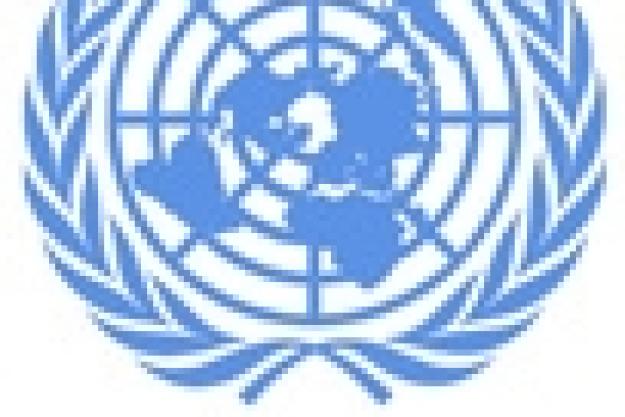
Upon the invitation extended by the Committee Chairman, H.E. Mr Mihnea Ioan Motoc, Permanent Representative of Romania to the United Nations, the Director-General of the Organisation for the Prohibition of Chemical Weapons (OPCW), Ambassador Rogelio Pfirter, provided a briefing to the U.N. Security Council’s 1540 Committee, established pursuant to U.N. Resolution 1540 on 13 April 2005.
The Director-General emphasised the importance of increased coordination and collaboration with the United Nations and other international organisations that are engaged in the implementation of the stipulations of the Chemical Weapons Convention (CWC), as well as the requirements of Resolution 1540.
Under Resolution 1540, all UN members are required to enact legislation, preventing non-state actors from manufacturing, acquiring or trafficking in nuclear, biological or chemical weapons, the materials to make them, and their delivery systems. UN Member States are also required to adopt laws criminalising the proliferation of weapons of mass destruction (nuclear, chemical and biological).
Ambassador Pfirter underlined that the improvements in the legislative and administrative measures to implement the CWC are occurring in parallel with the complementary requirements laid down in Resolution 1540, which are binding upon all members of the United Nations, including States that are not Member States of the OPCW.
He also voiced his concerns that, whereas a significant number of States Parties had made an initial effort, the majority of States Parties have yet to implement legislation covering all key areas of the Convention, which would help ensure that terrorists and other non-State actors cannot act with impunity. Despite the fact that these gaps in national implementation continue to present a challenge to the Convention achieving its full potential, political support is in place, as a result of the commitment of States Parties to fully meet the goals of the Action Plan on Article VII implementation.
Ambassador Pfirter underscored that the resources of the OPCW, and of many of its 167 Member States, are being offered to States Parties, to enhance the national capacity to enforce the provisions of the Convention.
He stressed that the Convention will only then achieve its full potential when all States have joined and are effectively implementing the ban. He indicated to the 1540 Committee that the absence of certain States continues to cause particular concern and urged these States to join the CWC as soon as possible.
In conclusion, Ambassador Pfirter noted that the extent to which the entire international community adopts and implements the Convention will determine the extent of its contribution to global non-proliferation and counter-terrorist efforts.
The outcome of the discussion by Committee members, following the Director-General’s briefing, affirmed the crucial value of continued cooperation between the United Nations and the OPCW in the shared struggle to stem the proliferation of chemical weapons.
08/2005
